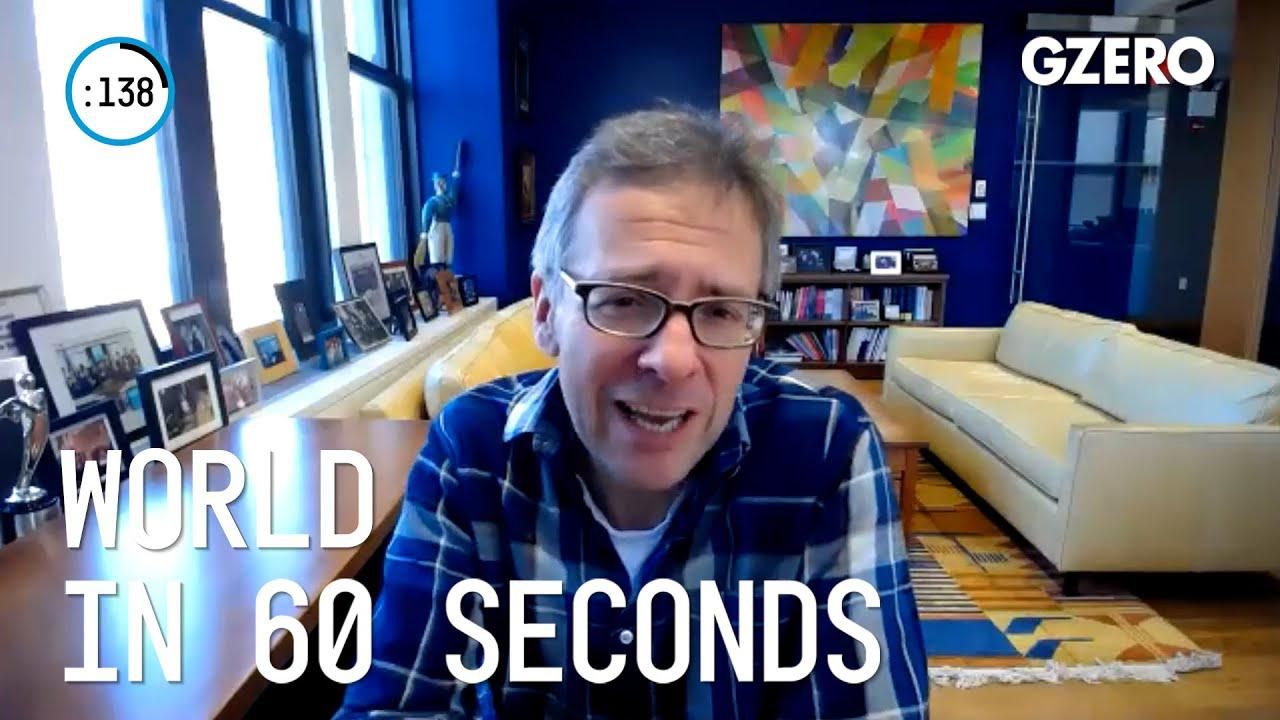
Ian Bremmer discusses Netanyahu's challenge, the US-Iran nuclear talks, and why vaccine passports are a good idea on this edition of World In 60 Seconds.
Will Israel's Netanyahu be able to successfully form a new government?
Well, he's been given the charge to. I guess he has 28 days to do it. It's a really, really tight equation. He'd have to get both an ultra-right party that's got a bunch of serious Islamophobes in it and a Muslim party to join. I think they're heading for no-such-luck, and the fifth election in just a couple of years. Israel just keep getting it done. Not as much to worry about, given that the pandemic's been handled with all those vaccines, but still quite a problem.
What's the latest on renewed US-Iran nuclear talks?
Well, they're happening. Not together. They're moderated. And, you know, the Americans and Iranians are in separate rooms, but they are engaging. There's a big question about who goes first. Do the Americans have to open sanctions first? The Iranians have to start getting back in the program. How do you sequence it? The Iranians need the Americans a lot more than the Americans need the Iranians. They are moving back towards the old JCPOA that everyone in power would basically like to see back in place. Even though you get criticism domestically against Biden in the US. By the end of the year, latest beginning of next year, you get back into the Iranian nuclear deal. I'll make that call and you'll see another million-ish barrels of Iranian crude on the markets.
Are vaccine passports a good idea?
Yes. Yes, they are. And it is true that this is an additional level of privacy that you won't have. That ship has sailed. The most important thing is that we have a way to track people that are vaccinated, fully vaccinated, and therefore can't transmit the virus and allow the global economy to pick up much, much faster, which is more important to me, frankly. And Lord knows, I've been traveling to a bunch of countries historically that have required me to get jabs. Places like India, Nigeria, Ethiopia. It's not a problem. You get a jab, you show them your vaccine passport. The fact that technologically enabled right now means that the surveillance is going to be more significant.